‘Labour is wrecking the education of poor kids’
Katharine Birbalsingh on the dangers of Bridget Phillipson’s school reforms.
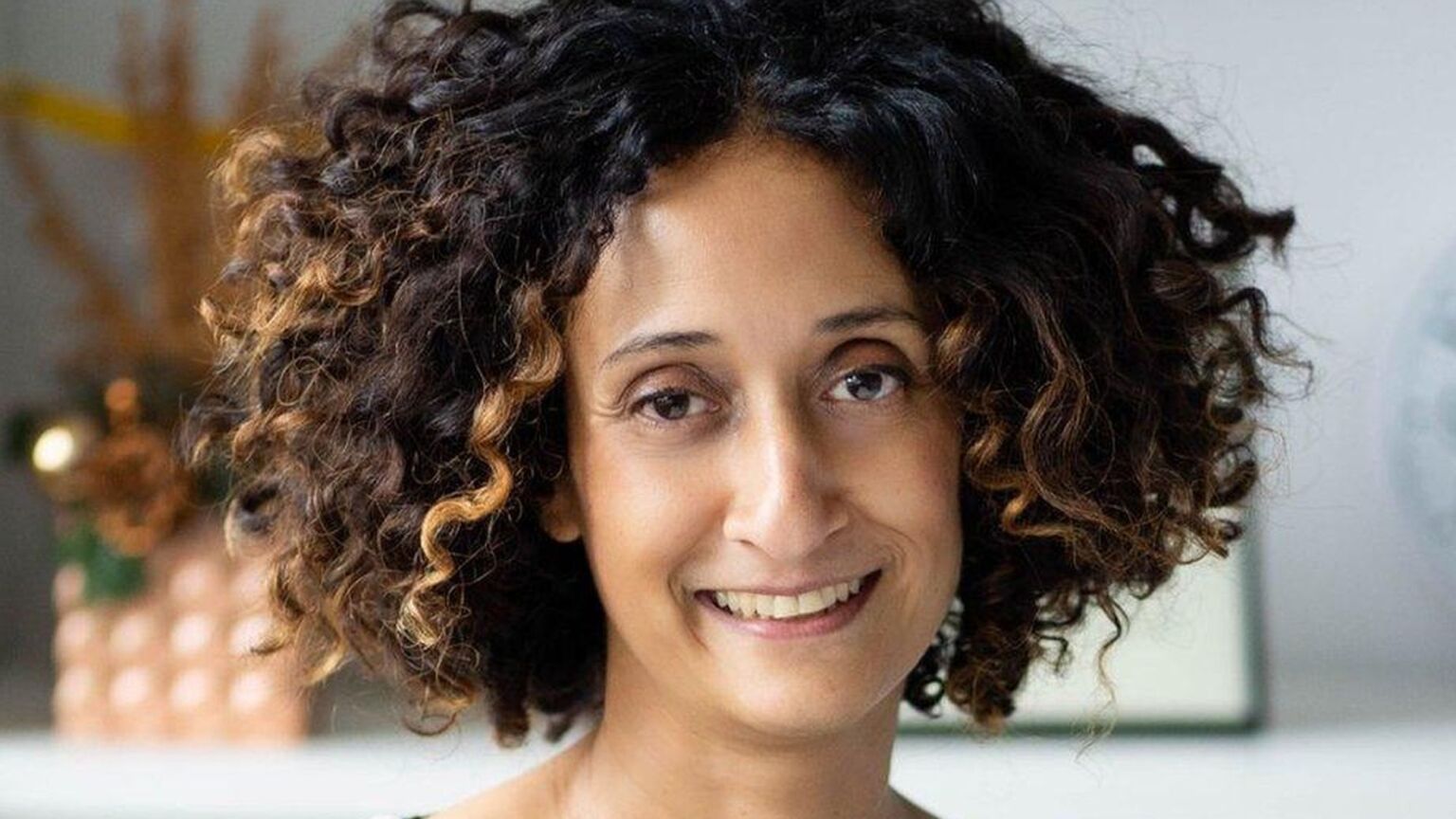
Want to read spiked ad-free? Become a spiked supporter.
Katharine Birbalsingh runs a school in a deprived part of London whose grades rival those of Eton and Harrow. The Michaela Community School has proven that strong discipline and high academic standards can raise the expectations and achievements of pupils from all backgrounds. Yet rather than learn from her school’s success, the UK Labour government’s new school reforms would ensure that no school like Michaela could ever emerge again. Education secretary Bridget Phillipson’s plans would strip academy schools and free schools of the very autonomy that has allowed so many of them to thrive.
Birbalsingh sat down with spiked’s Fraser Myers to discuss all this and more in a recent interview. What follows is an edited extract from their conversation. You can watch the full video here.
Fraser Myers: It’s fair to say that you’re deeply unimpressed with the reforms proposed by education secretary Bridget Phillipson. What is she planning, and why is it so dangerous?
Katharine Birbalsingh: She’s taking away the freedoms that academies and school leaders currently have to do what’s best for their particular cohort of children. She’s trying to centralise these freedoms so that she is the one in charge, as opposed to us being in charge.
There aren’t many freedoms that we’ve got, to be honest. For instance, we’re currently able to decide what sort of uniform our children can wear. We’re able to hire teachers from a variety of different walks of life – they don’t need to have a particular bureaucratic stamp, which Phillipson is now saying they need to have. We’re able to tailor the curriculum according to our intake.
She also wants to make changes to what is called the Public Admissions Number, which would reduce the number of places available at good schools. It’s not only going to affect parents, through fewer numbers in good schools. Good schools will also have less money, because the money that comes to us comes from the number of kids we’ve got. If you take those freedoms away from the academies, they’re no longer academies.
Phillipson is not really telling the truth when she says that she loves academies. Her voting record proves that. Throughout her career, she has voted against all the reforms that have made academies so successful.
Myers: What do you think is driving Phillipson’s decision?
Birbalsingh: I don’t think she hates poor children, and I don’t think she wants to ruin good schools. But she will, in the end, harm poor children and ruin good schools, and make it more difficult for good schools to come about.
To give an example, I’m often asked by guests at Michaela what they can do in order to make their school more like ours. I always tell them that they need to start with behaviour. If you look after the pennies, the pounds take care of themselves. You need to have a uniform, and you need to deal with the small issues with uniform, such as whether pupils’ ties are done up to the top and their shirts are tucked in.
Now, Phillipson is tying our hands behind our backs by preventing schools from having more than three branded uniform items. The reason she’s doing that is because she thinks they cost more money. In fact, schools all have systems, like second-hand uniforms, to help poorer families. There’s a reason the better schools have so many branded items, but she’s not interested in knowing that reason.
Myers: You were taken to court for banning ritual prayers at Michaela, but you defeated the challenge. Why do you think it’s so important not to give in to sectarian interests?
Birbalsingh: Our position at the school is that, for multiculturalism to work, we all need to make various sacrifices. We have Christians, Muslims, Hindus, Buddhists, Jehovah’s Witnesses. We’ve got kids from a whole variety of different backgrounds – black, brown and white. In order for us to get along, we can’t say that what we want goes and have one group dominate. What we need to do is share in the overall British experience.
Of course, there are some exceptions. Our Muslim girls wear hijabs, our Sikhs wear bangles. That’s all fine, because it doesn’t undermine the experience of the whole. But it may be the case that you have to sacrifice certain things that are important to you for the betterment of the whole. For example, the school is vegetarian because we all eat a family lunch together. We all need to be able to share the food. For religious reasons, some kids eat meat, but no pork. Some eat meat, but no beef. In order for us all to eat together, we go vegetarian.
We make a similar sacrifice with the prayer rituals. Given that half the school is Muslim, I don’t want to divide the school between Muslims and non-Muslims, with Muslim children going this way for prayer, and the other children going a different way. That would divide them along religion, and we’re not going to do that. The vast majority of the Muslim children are happy to do that. It all works very well, and our kids are very happy. All of our visitors talk about how happy and joyful our children are, how proud they are of their school and, of course, how knowledgeable they are. They feel very much as if they belong.
Katharine Birbalsingh was talking to Fraser Myers. Watch the full conversation here:
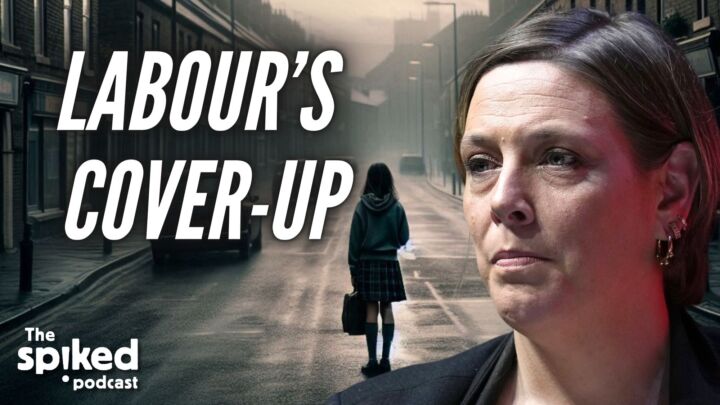
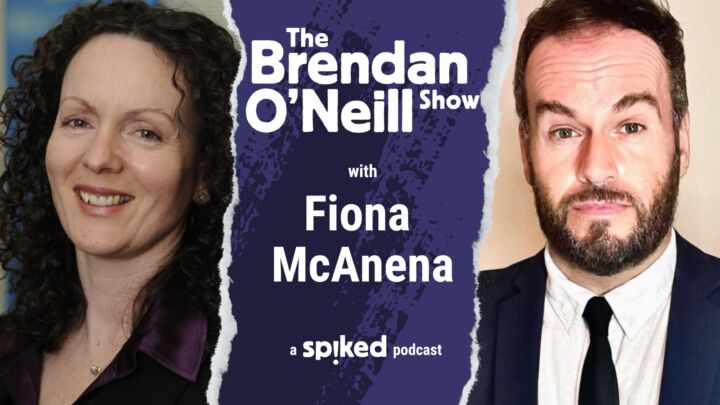


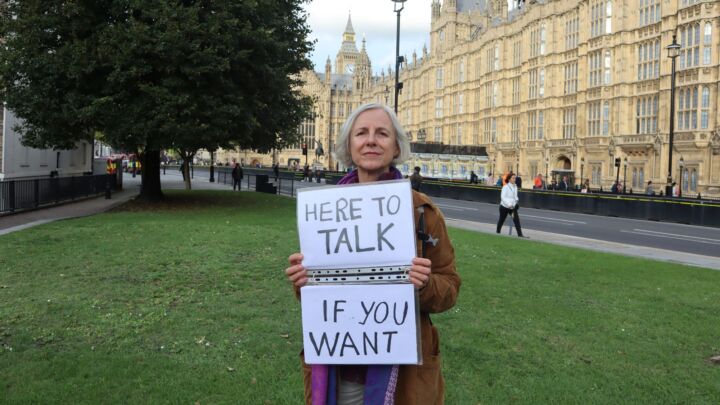
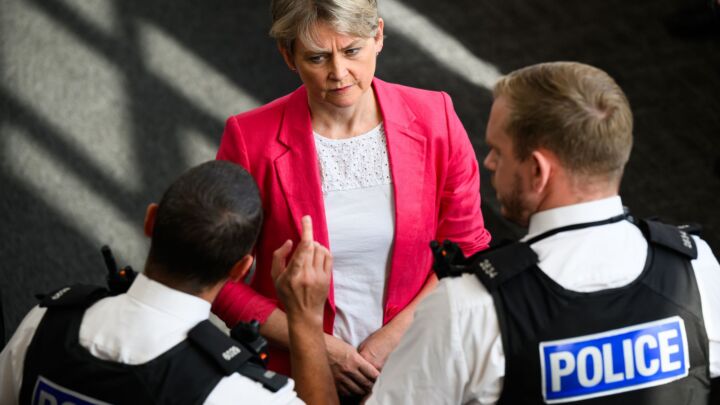

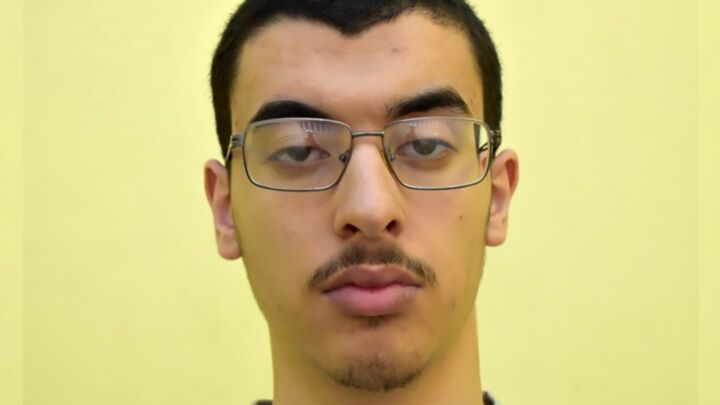
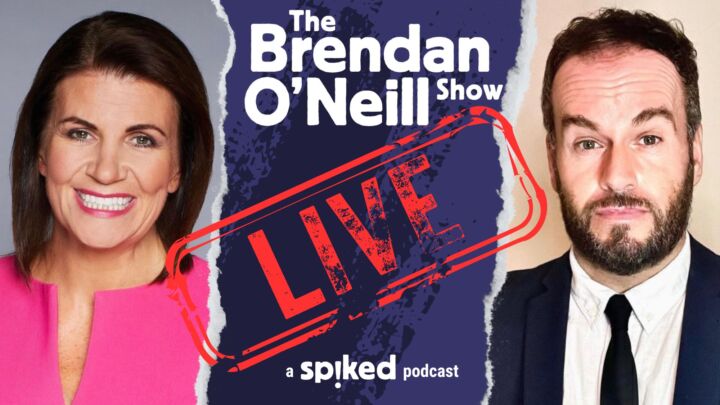


Comments
Want to join the conversation?
Only spiked supporters and patrons, who donate regularly to us, can comment on our articles.